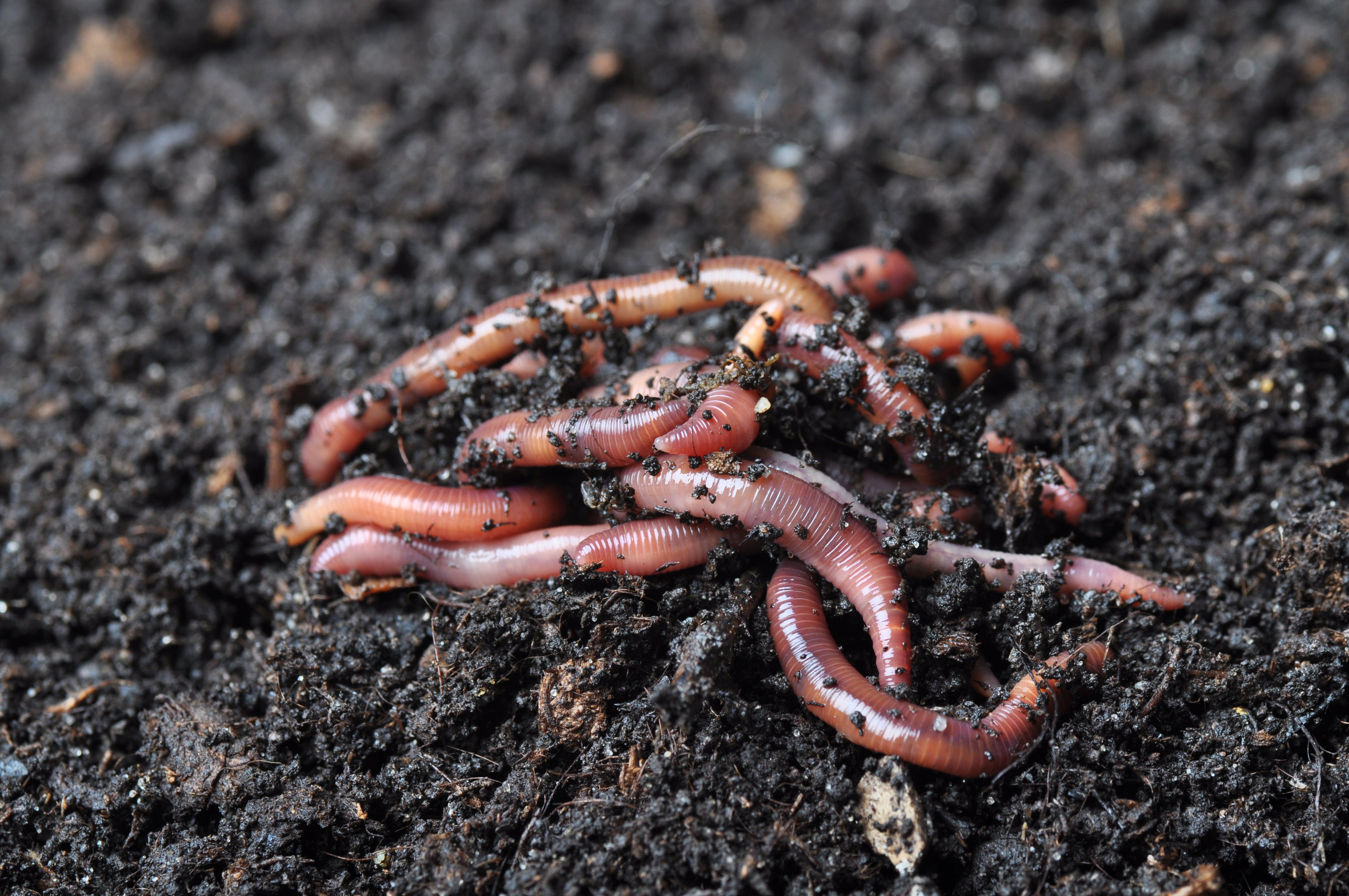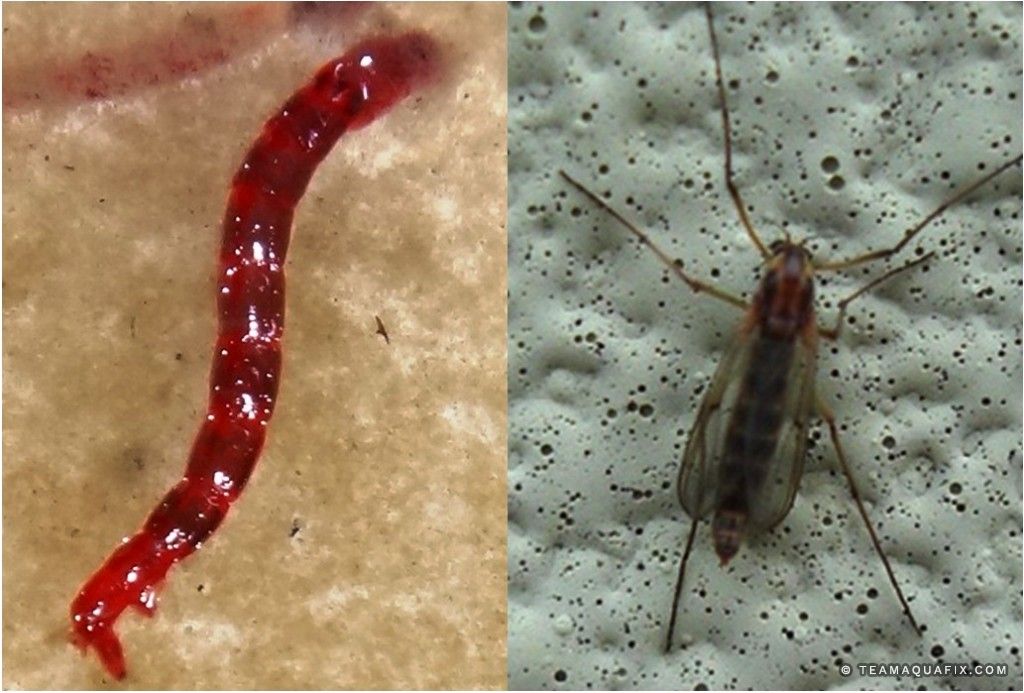Top red worms: A beginner’s guide
Why Red Wigglers Are Important for Organic Farming
Red wigglers play a crucial function in organic farming, largely through their distinct capacity to disintegrate organic materials and improve soil health. The degree of their influence on farming techniques and dirt biology increases appealing questions regarding the future of natural farming.
Duty of Red Wigglers in Soil Health And Wellness

In addition, red wigglers boost dirt framework by developing networks as they delve. These channels enhance aeration and water seepage, promoting a healthier origin atmosphere. Their task additionally assists in maintaining optimum moisture degrees, which is critical for healthy plant growth.

Benefits of Worm Castings
Worm spreadings, the nutrient-rich excrement generated by red wigglers, work as a powerful modification for chemical-free farming. These castings are replete with vital nutrients such as nitrogen, phosphorus, and potassium, which are essential for plant development. Unlike synthetic plant foods, worm castings release nutrients gradually, giving a constant supply gradually and reducing the threat of nutrient leaching and drainage.
In addition, worm castings improve dirt structure and oygenation, advertising much healthier origin systems. Their high organic matter web content boosts dampness retention, enabling plants to much better hold up against drought conditions. Furthermore, worm castings include advantageous microorganisms that support plant health by suppressing virus and boosting nutrition uptake.
The application of worm spreadings can bring about boosted plant returns and enhanced top quality of fruit and vegetables, making them an important source for organic farmers. Their usage additionally aligns with sustainable farming practices, adding to soil fertility without the adverse ecological impacts connected with chemical plant foods. On the whole, the incorporation of worm spreadings into farming methods promotes an extra durable and effective environment, emphasizing the significance of red wigglers in chemical-free farming systems.

Enhancing Nutrient Biking
(red wigglers eisenia fetida)Nutrition cycling is a crucial procedure in organic farming, and the assimilation of red wigglers plays a pivotal role in enhancing this cycle. As red wigglers take in decomposing organic matter, they secrete nutrient-rich castings, which are brimming with valuable microorganisms.
Furthermore, red wigglers assist to speed up the mineralization of nutrients, converting them from inert kinds right into bioavailable kinds that plants can absorb. This procedure is essential for preserving dirt fertility and advertising healthy plant growth. The presence of red wigglers likewise motivates a diverse soil environment, fostering an equilibrium of nutrients that supports various plant species.
Improving Dirt Structure
The enhancement of soil framework is crucial for cultivating a healthy and balanced farming environment, and the task of red wigglers considerably adds to this renovation. These earthworms play an important function in freshening the dirt and producing a network of channels that assist in water seepage and root infiltration. As they burrow with the soil, red wigglers break up compacted layers, enabling far better oxygen exchange and advertising microbial activity.
Moreover, the raw material created from their waste, known as vermicast, improves soil aggregation. This process develops steady globs of soil bits, improving soil porosity and lowering disintegration (red wigglers). The existence of red wigglers additionally encourages the advancement of read this article advantageous fungal networks, which are crucial for nutrient uptake by plants
Supporting Sustainable Practices
Integrating red wigglers right into chemical-free farming practices not only enhances soil health but additionally advertises lasting agricultural techniques. These earthworms play an essential role in nutrition biking, transforming organic waste into useful compost that enhances the dirt. By making use of red wigglers, farmers can effectively minimize reliance on synthetic fertilizers, consequently decreasing chemical drainage and its destructive results on communities.
Additionally, the consolidation of red wigglers urges the practice of recycling organic materials, such as kitchen area scraps and farm waste. This waste reduction method not only lowers disposal prices however additionally fosters a closed-loop system where nutrients are constantly gone back to the soil (red wigglers). Such methods are necessary in reducing climate modification, as they improve carbon sequestration and lower greenhouse gas discharges
Moreover, red wigglers boost water retention in the dirt, which is crucial in times of dry spell. Their burrowing tasks create networks that permit water to pass through much deeper right into the ground, hence advertising effective water use. Eventually, integrating red wigglers right into natural farming not only supports biodiversity however also aligns with the concepts of sustainable farming, supplying an all natural method to food manufacturing.
Conclusion
In final thought, red wigglers play a critical function in organic farming by dramatically enhancing soil health and fertility. Their capability to decompose raw material and generate nutrient-rich castings cultivates a successful microbial community, which is essential for nutrition biking. Furthermore, the delving tasks of these worms enhance soil structure and oygenation, assisting in better water infiltration and root growth. Thus, the integration of red wigglers into farming methods is important for promoting sustainability and boosting general soil top quality.